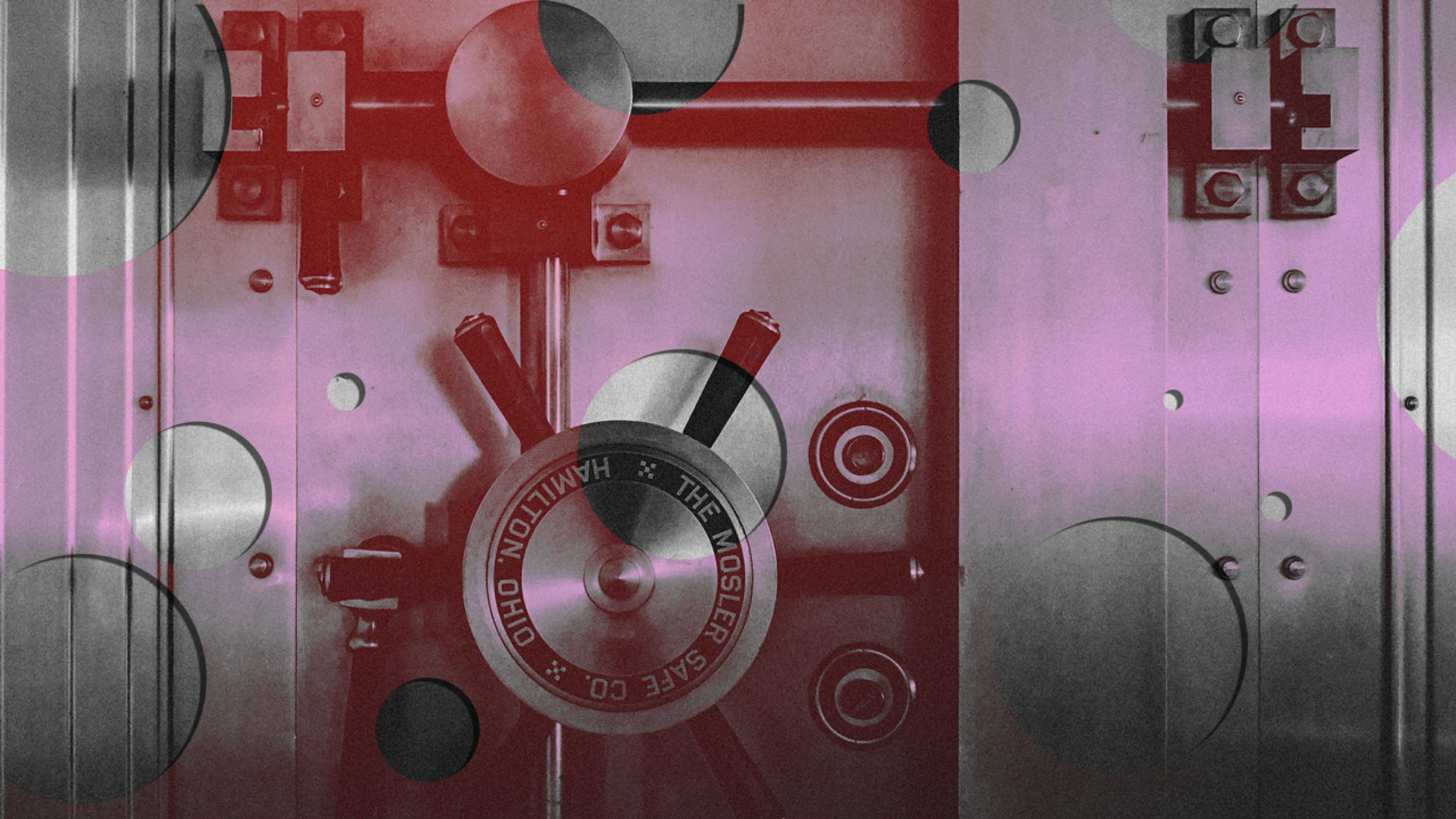Cash-strapped citizens are finally getting some financial relief from the government as $1,200 stimulus checks have begun hitting taxpayers’ bank accounts.
But be warned: If you’re one of the extra-cash-strapped—that is, you owe an outstanding debt to your bank—your bank can snatch your check before you can use it to pay bills or, you know, buy food and other essentials.
This is because “Economic Impact Payments” are not exempt from private debt collection, as they’re defined as tax credits instead of federal benefits. So if your payment posts to a bank account to which you owe money, say, in overdraft fees, the bank can take it to pay off your debt. (Note: Banks cannot appropriate checks for credit card charges—only for consumer loans and fees.)
According to The American Prospect, while the U.S. Treasury has the power to impose restrictions on creditors garnishing your stimulus money, it has declined to do so, despite calls from legislators including Senators Sherrod Brown of Ohio, Ron Wyden of Oregon, and Elizabeth Warren of Massachusetts, as well as 25 state attorneys general.
The American Prospect said it reached out to Wells Fargo, JPMorgan Chase, Bank of America, Citibank, and U.S. Bank asking if they planned to use the payments to offset delinquent debts. Of those, only J.P. Morgan replied, stating that “while they would normally use incoming funds to offset a negative balance, for these payments it will return the money to the government,” which could then direct the full stimulus check to the customer by mail.
Banks can decide for themselves, of course, whether they would use the coronavirus crisis as an opportunity to settle debts. Let’s hope they choose not to seize emergency support from the neediest individuals in the midst of a pandemic.
Update, Wednesday, 2:16 p.m. ET
Wells Fargo sent the following statement:
“To do our part to provide our customers access to the stimulus payment funds, Wells Fargo is pausing for 30 days the collection of negative balances existing at the time when stimulus payments are deposited. Many customers will automatically receive stimulus payments in their accounts. We encourage customers who receive a stimulus payment check to use mobile deposits or ATMs to deposit the checks if possible. We will also cash stimulus payment checks for non-customers in our branches, with no fees charged.”
Recognize your brand’s excellence by applying to this year’s Brands That Matter Awards before the early-rate deadline, May 3.
